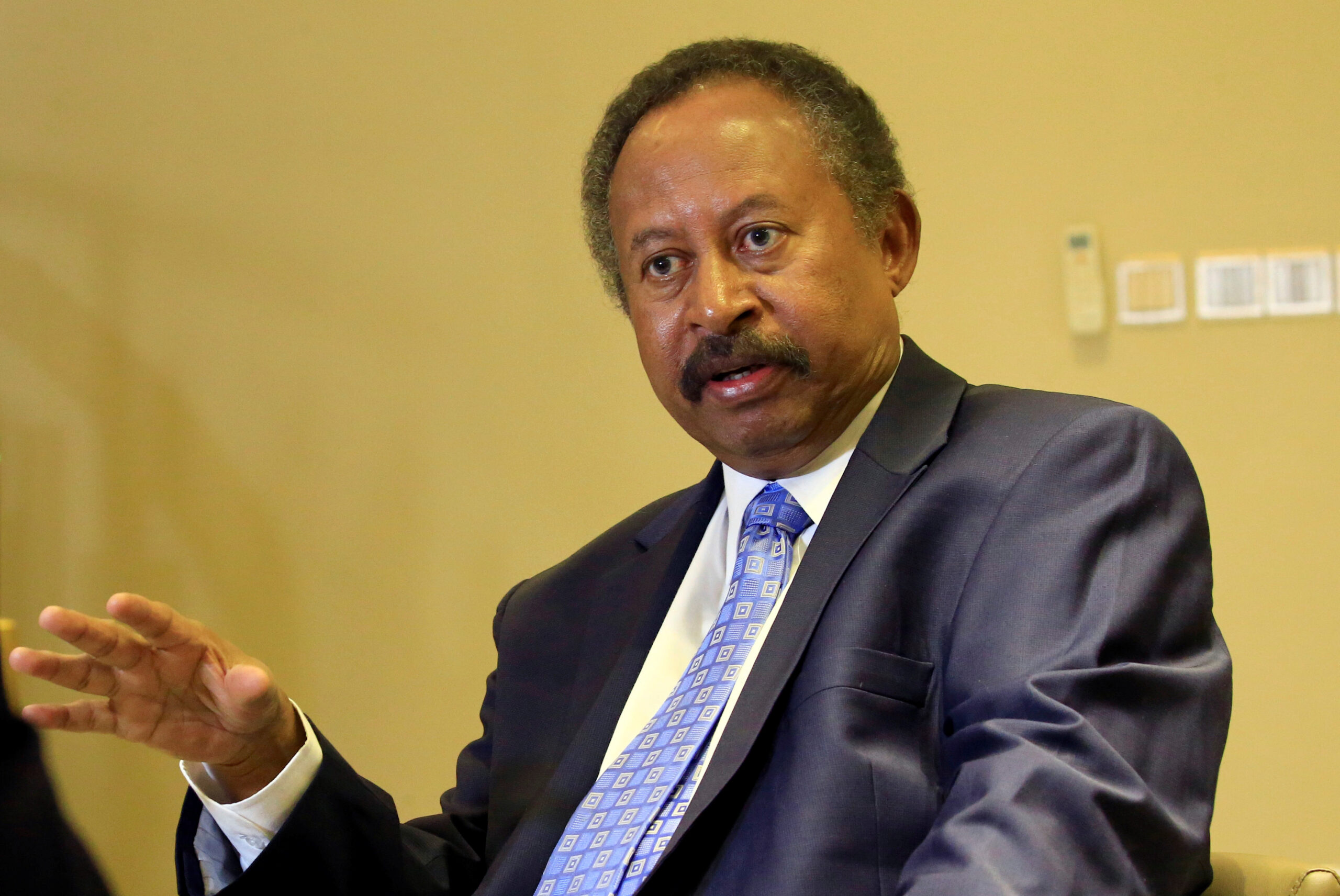
Sudan rejects agreement on Ethiopia dam project

Sudan rejected Ethiopia’s proposal to sign an initial agreement on how to fill the controversial Grand Ethiopian Renaissance Dam (GERD) and now wants to resume U.S.-led negotiations on the project.
According to a statement on Tuesday, Sudan’s Prime Minister Abdullah Hamdok sent a letter to his Ethiopian counterpart Abiy Ahmed disapproving of an Addis Ababa proposal on an agreement over the dam’s first filling.

“Any signing of a partial agreement for the first filling could not be approved due to technical and legal aspects that should be included in the agreement,” Hamdok said.
The agreement must incorporate a mechanism of coordination, an exchange of information and the safety of the dam and its environmental and social impacts, he said.
The Sudanese prime minister stressed that the path to reach a comprehensive agreement is an immediate resumption of negotiations which he said saw significant progress in the last four months.
Sudan believes that the current circumstances do not allow for talks through normal diplomatic channels, he said, in reference to the coronavirus pandemic, arguing that teleconferences are a means to complete negotiations and agree on outstanding issues.
Lead Sudanese negotiator Saleh Hamad said that most of the issues being negotiated are inextricably linked, not only to the first filling but to all phases of filling.
Tuesday’s statement comes a day after Ethiopia announced it is to start filling its mega-dam in July, despite opposition from Egypt and Sudan as they stand by a 2015 declaration that stipulates an agreement on the guidelines governing the filling and annual operation of the dam should be reached.
Both Sudan and Egypt fear the dam will trap their essential water supplies once the giant reservoir starts being filled in July as planned.
Ethiopia hopes the massive $4.8 billion megaproject will allow it to become Africa’s largest power exporter.






